Background
Indications
RA
OA
AVN
Contra-indications
Infection
Charcot
Paralysis of deltoid
Torn rotator cuff
Insufficient glenoid bone stock
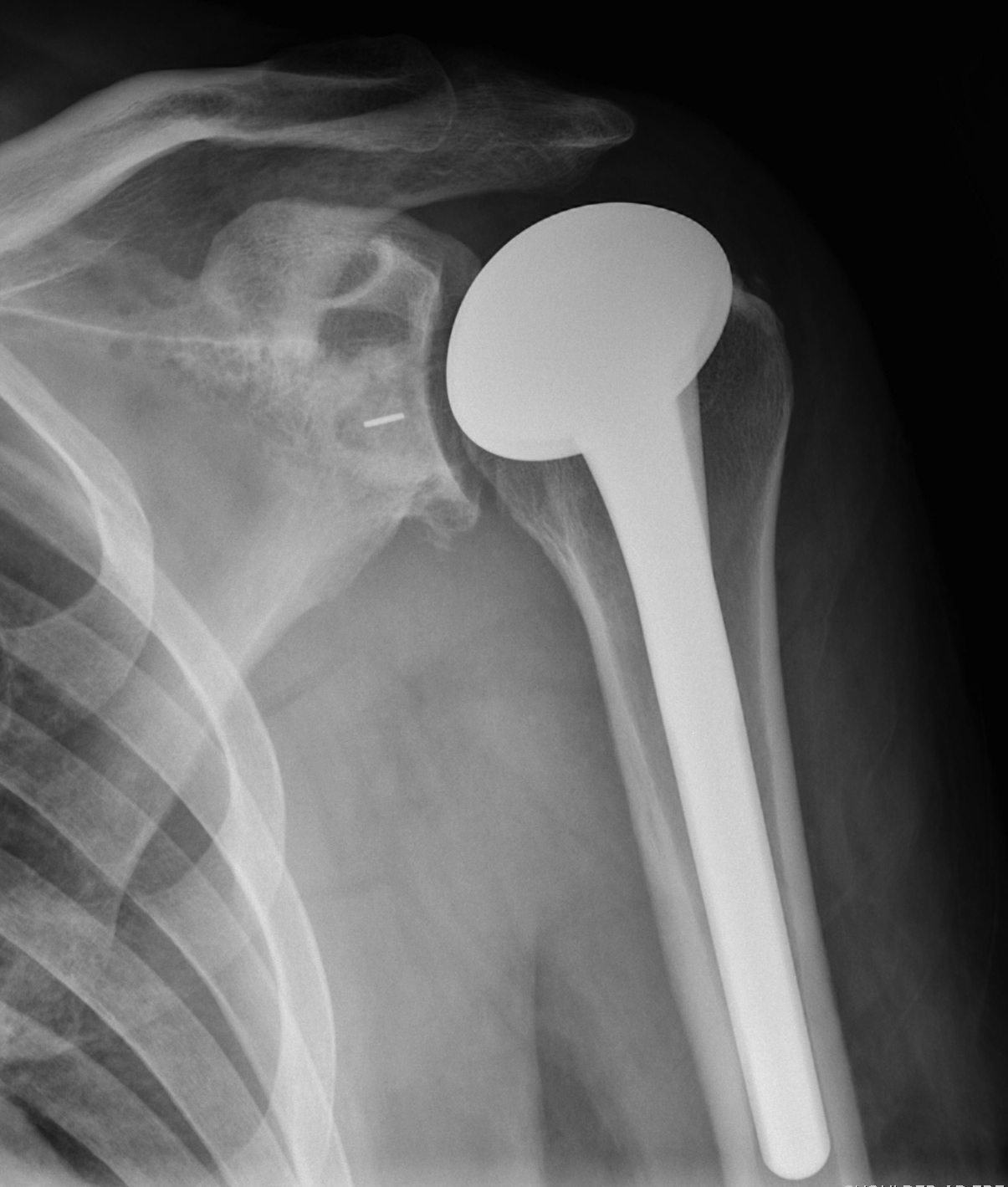
RA
OA
AVN
Infection
Charcot
Paralysis of deltoid
Torn rotator cuff
Insufficient glenoid bone stock
1. Significant functional impairment
2. PIPJ contracture
- originally thought to intervene early
- Macfarlane showed residual FFD always about 30o
- may need to release check rein ligaments / accessory collateral ligaments
3. MCPJ contracture >30o
4. Trigger fingers
- must do limited fasciectomy
Osseous canal between talus and calcaneum
- interosseous talo-calcaneal ligament
- cervical ligament
- joint capsule
- nerve endings / arterial anastomoses
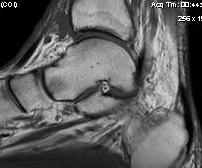
Flat foot / overpronation
Inversion / sprain
Proximal tibia
- gastrocnemius local muscle flap
- gracilis free muscle flap if gastroc damaged
Middle tibia
- soleus local muscle flap
- gracilis free muscle flap
Distal tibia
- posterior tibial fasciocutaneous local flap
- gracilis free muscle flap
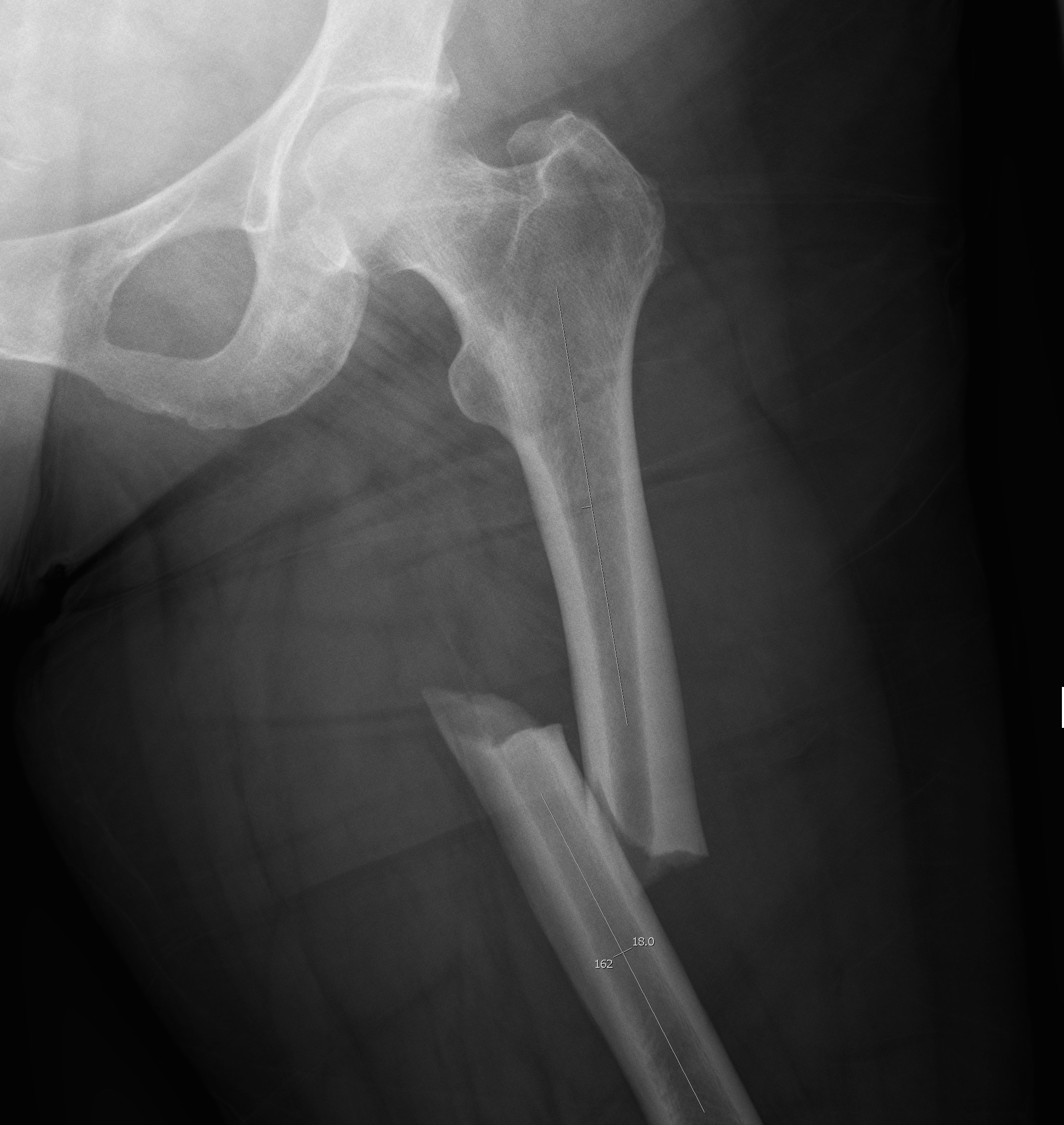
Usually young patients
- 15 - 40
15% compound
High velocity injury
- MBA
- MVA
- pedestrian v car
- fall from height
EMST principles
- need for transfusion not uncommon
1. Open antero-lateral approach
Large / Massive Cuff Tear
2. Deltopectoral approach
Large Subscapularis tear
3. Arthroscopic Assisted Mini-open
Indication
- Small / Moderate Cuff Tear < 3cm
- no retraction
Technique
- arthroscopic SAD
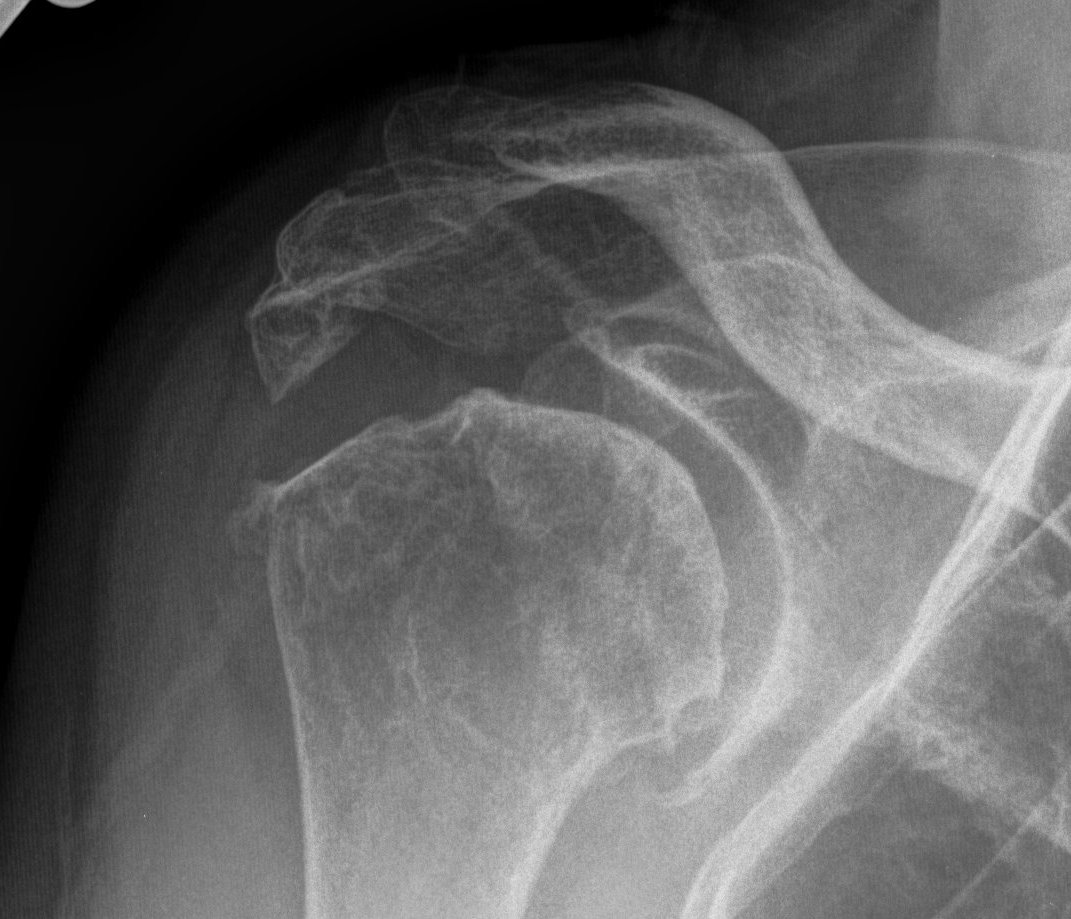
Rotator cuff
- often deficient
Bone stock
- often deficient
Glenoid
- often posterior version
1. TSR
Indications
- cuff intact
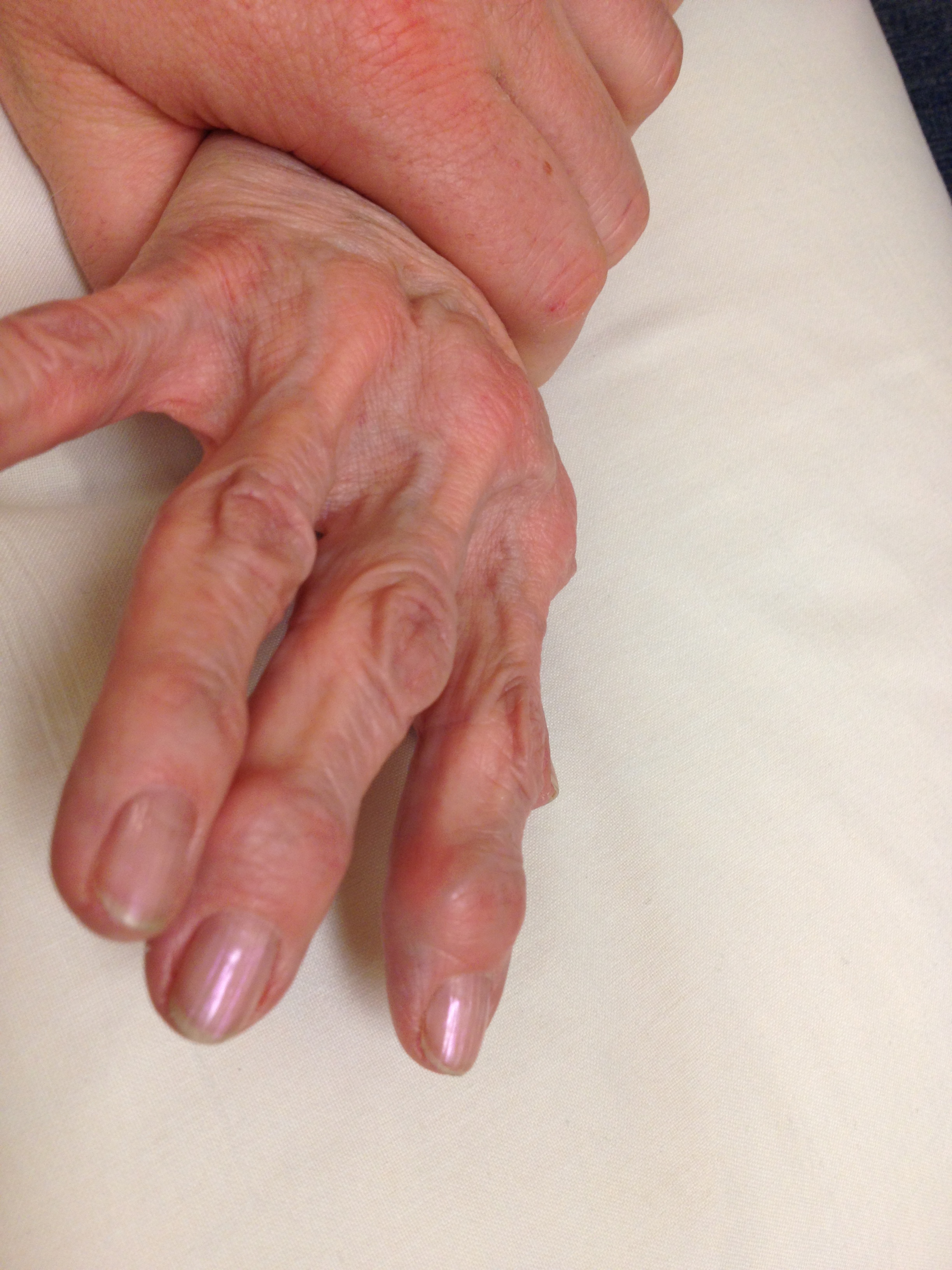
Male & Females > 60 years
- X-ray evidence of OA
Symptomatic
- 25% females
- 15% males
Base thumb
PIPJ / Bouchard's nodes
DIPJ / Heberden's nodes
Limb alignment
Risk that late posterolateral corner reconstruction will fail in the setting of the varus knee
- varus knee alignment and varus thrust in stance phase
- consider osteotomy first in this setting
Posterolateral Corner Reconstruction
Moulton et al. Am J Sports Med 2016
- systematic review of PCL reconstruction for chronic injuries
- 450 patients
Natural History of ACL deficient knee is variable
- functional instability 15% - 90%
- progression to OA is variable
Depends on level of patient demands / activity
1. Late meniscal injury in ACL deficient knee
15-25%
2. Function
Daniels Am J Sports Med 1994
- 292 ACL defecients knees